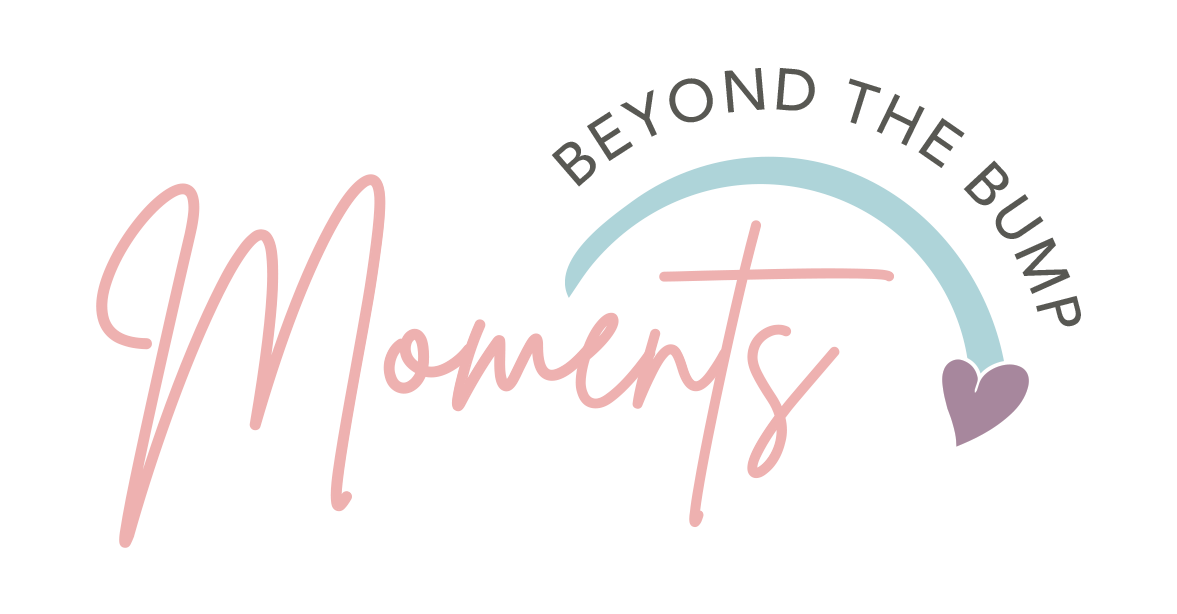Pump and Dump is outdated advice!
Maybe you’ve got a bachelorette party coming up, a girls’ night out, or you just like to have a glass of wine at night with dinner. Whatever the case may be, today’s blog is applicable to those social and/or occasional moments of alcohol consumption and its impact on lactation and baby!
The stigma and outdated advice surrounding this topic is just another layer that I’ve seen further perpetuate the burden of mothers feeling limited when it comes to breastfeeding– when they truly don’t have to be!
The Facts
The most recent breastfeeding recommendations from The American Academy of Pediatrics (AAP) underscores this fact.
“Moderate alcohol consumption by a breastfeeding mother [up to 1 standard drink per day] is not known to be harmful to the infant, especially if the mother waits at least 2 hours after a single drink before nursing or expressing milk to be fed to the infant.”
There’s no need to pump after drinking to avoid passing alcohol to your infant. The only reason to “pump and dump” after drinking alcohol is due to engorgement when you can’t easily feed the baby or store the milk.
Blood Alcohol Concentration
The National Institute of Alcohol Abuse and Alcoholism explains in an article on alcohol & lactation that alcohol moves between the bloodstream and milk to stay balanced. It is then broken down and metabolized by the liver until no alcohol remains. When it leaves the bloodstream, it leaves the milk as well. It does not sit “trapped” in the breast milk.
Blood alcohol concentration (BAC) generally peaks around 30-60 minutes post-consumption per standard drink.
Within the 2 hours after that, the alcohol will begin to level off and excrete from your blood and milk. Of course, this time will be pushed out farther the more drinks you have.
Guidelines for drinking while breastfeeding
It’s OK to enjoy a drink while breastfeeding. Here’s what you need to know about safe alcohol use while you’re nursing, according to the AAP:
Up to one standard drink per day (12 ounces of beer, 5 ounces of wine, or 1.5 ounces of liquor) is not known to be harmful to the breastfeeding infant
Wait at least two hours after a drink before nursing or pumping milk for your baby
Alcohol concentrations in breast milk are highest 30 to 60 minutes after drinking
Moderate alcohol intake does not appear to affect breastfeeding duration
Drinking more than two standard drinks daily is discouraged
It is important to note many medical providers recommend that women do not breastfeed if they are feeling the effects of the alcohol. If you feel buzzed, there is some alcohol in your breastmilk—and it is probably best if your baby does not drink that milk. We simply don’t know enough about the impacts, so we can’t say with certainly that it’s fine. But waiting 2 hours after finishing your drink means that your body has processed the alcohol from your blood and broken it down, and it won’t be present in your breast milk, negating the need to pump and dump.
HERE ARE SOME FACTORS THAT MAY IMPACT WHEN ALCOHOL CLEARS YOUR MILK:
Weight
Food: can delay the absorption and excretion time
Number of drinks: the more you drink, the longer it takes to “clear” from your blood and milk
Metabolism
Not sure how you feel about it?
That’s okay! If you’re uncomfortable with the suggestions above and would rather not feed the milk to your baby, here’s a great alternative to pumping and dumping:
If you have milk that you feel uncomfortable using for baby, you can repurpose and use it for something like milk baths instead of dumping!
You could also use this milk to help treat your baby’s eczema, diaper rash, or cradle cap.
Please, let’s finally ditch the pumping and dumping outdated trope!
